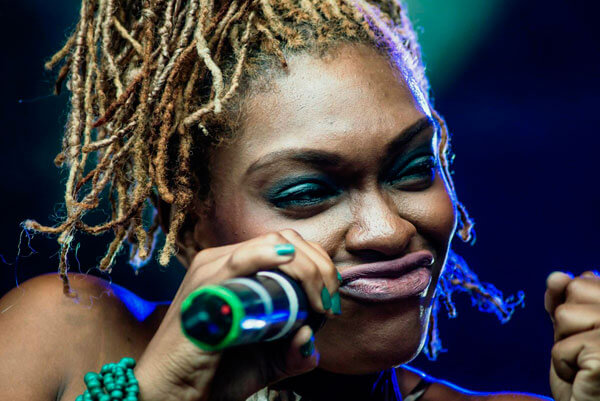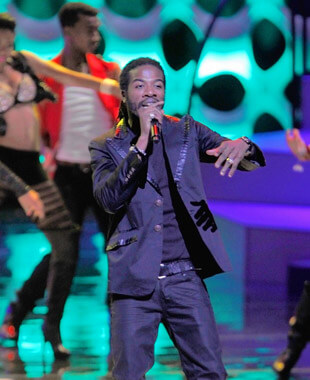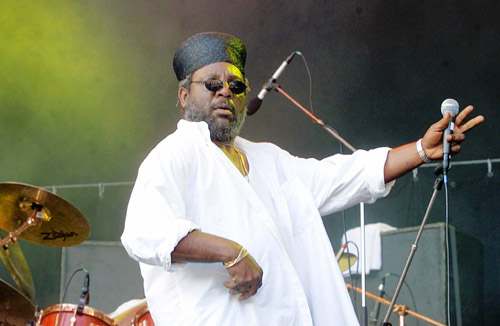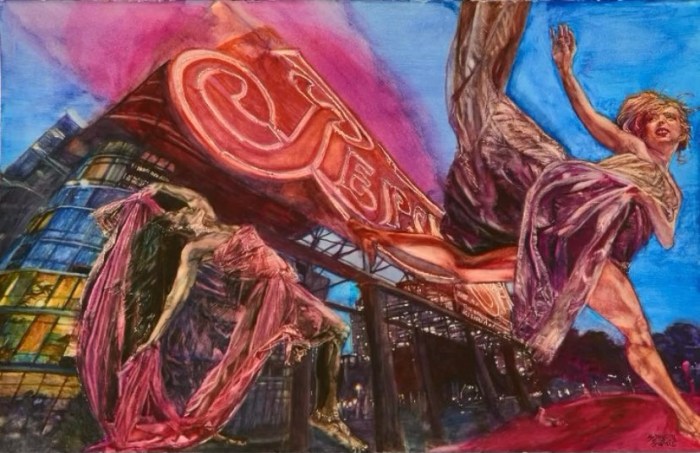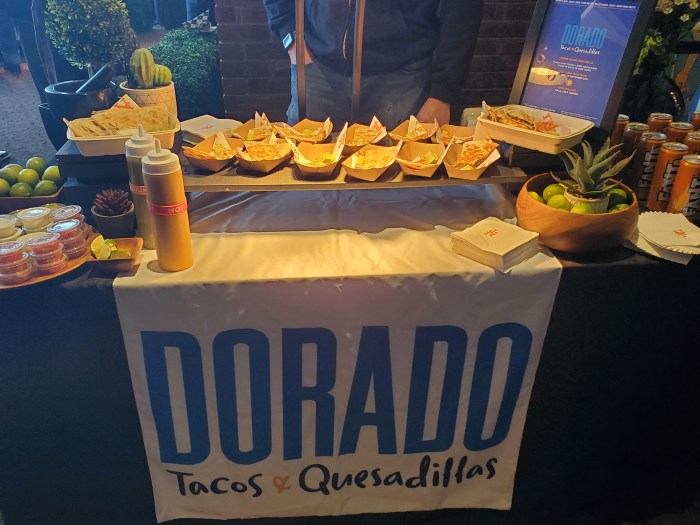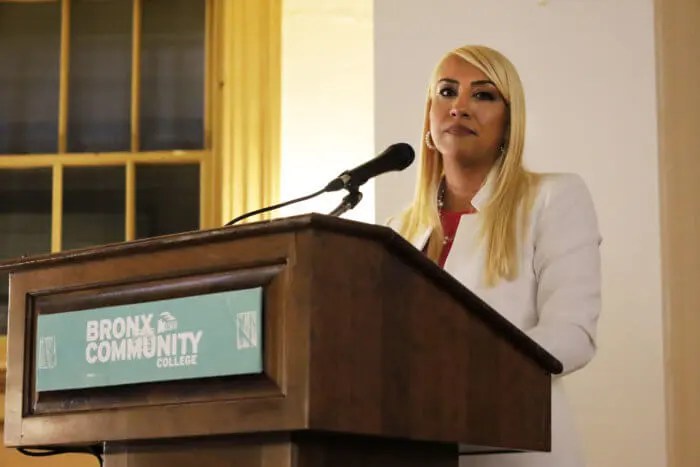He’s calling it traphall music.
Queens-based debut artist Ray Sytes says traphall is a representative combination of two music styles. Born in Guyana and raised in the United States since he was a child, he grew up being in tune with both his native and adopted culture. Initially spearheading his career in music with hip-hop, he soon found that leaning more towards music inspired by his Caribbean roots, like dancehall in particular, he could really grab an edge on his artistry.
“I always wrote raps and I rapped for a long time, but one day someone told me to embrace Caribbean music and do a track, and I did it and got feedback on it more than ever before,” he said.
From then onward, he started exploring the genre and decided to mix dancehall with the style of music he was originally doing — trap music, a sub-genre of hip hop. Growing up a fan of both dancehall and rap, he felt that encompassing both genres into his style would help him transform as an artist and find his unique talent.
And when the response to his single “Mi Wan Burn,” gained traction, he knew it was what he destined for and the song was even discovered by a digital cable music program.
“I said to myself ‘Let me use my Caribbean music and see where it goes,’ and when I put that single out, and Music Choice picked it up and I felt that I found my niche,” said Sytes.
In describing the sound of his music, the beats are typically Caribbean style and aim to be energetic but sensational, said Sytes. He added that he tends to use his rap-style voice and opts out of using Caribbean lingo or twang that is usually used in the dancehall genre.
His musical inspirations are big names in dancehall such as Vybz Kartel, Movado, and Alkaline, which he is often compared to, while his hip-hop influences are rap legends like Jay Z, Tupac, and Biggie Smalls.
Although Sytes talks about many different themes in his music, he is often drawn to highlighting romantic subjects and talking about relationships. Sytes also says he wants his listeners to be able to vibe to his music, and experience the subject he is talking about as they listen.
“I want them to feel whatever emotion I’m putting on a particular track, and feel what I’m flowing,” he said.
As more artists continue to experiment and branch into the evolving genre of dancehall, Sytes says the change is a sign of more diverse music to come, and will allow dancehall to be showcased as a vast music style.
“I would say it’s expanding more and more as far as different styles go. Many artists are experimenting and they don’t feel they have to stay stuck in one genre, and this is giving artists an even bigger platform to express themselves.”
Sytes says that while he was not working on a studio album, he is promoting his current single “Body Talk,” and wants to continue getting his name out there with songs and gradually introduce himself to the scene.
“I don’t want to drop a big project. I’m going to drop a single at time and see how it goes, to build up momentum at a time,” he said.


